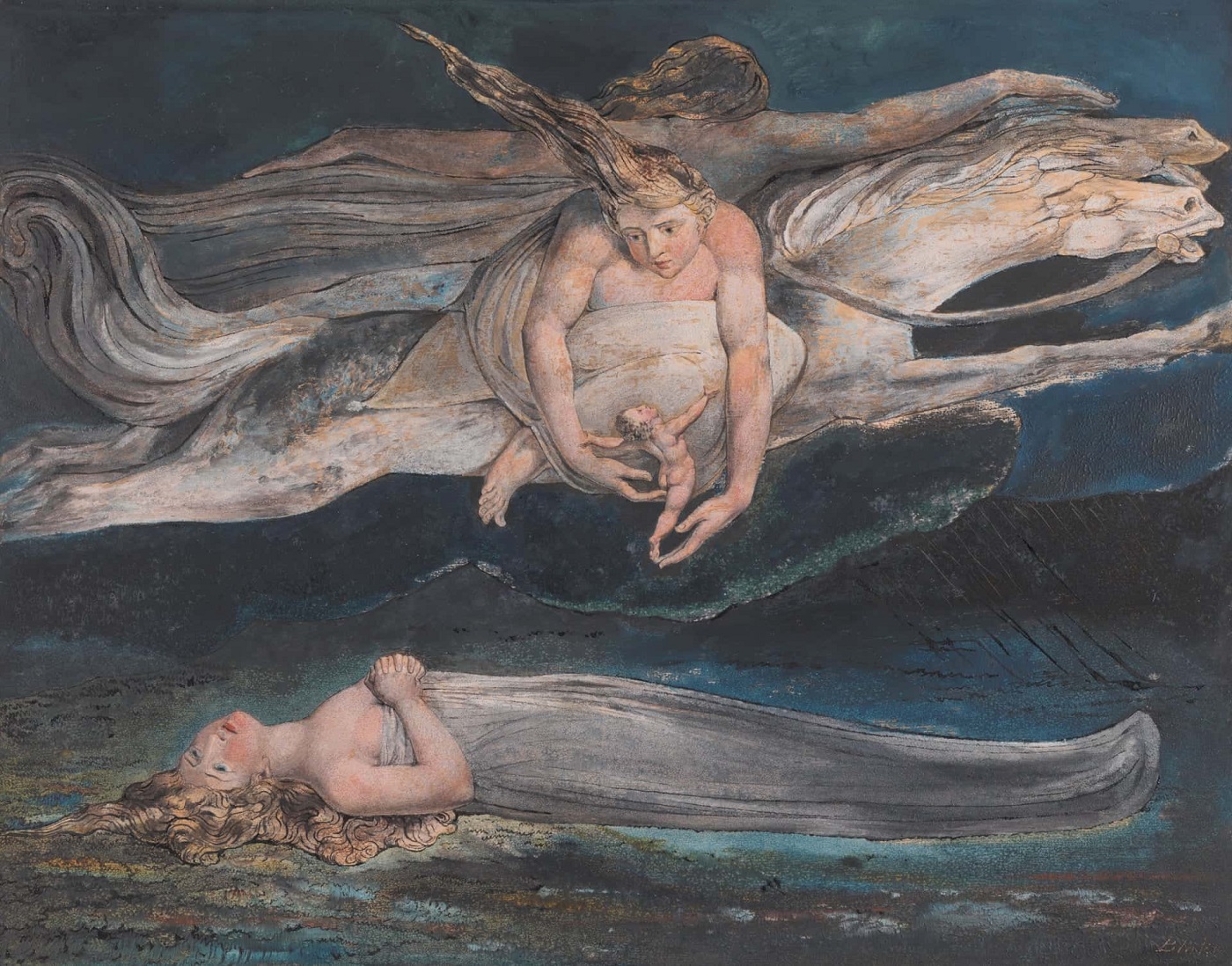Last Updated on February 29, 2024
While we tend to think of Shakespeare when speaking of wit and words, the Bard also has a lot to offer on the subject of wisdom. Although some of his famous lines provide more wisdom when pulled from their original context, many provide perfect advice in context, as well as out.
Sample a little of Shakespeare’s advice with 15 life lessons taken from his works:
1. “O, she knew well, thy love did read by rote and could not spell.” (Romeo and Juliet)

Romeo was well versed in the language of love, but he didn’t actually understand love. He was only in love with the idea of love. If your paramour only speaks in romantic exaggerations, chances are they don’t really understand what they’re saying.
2. “And ‘tis a kind of good deed to say well: and yet words are no deeds.” (Henry VIII)

Romantic or otherwise, words are just words. It’s easy and painless to make a statement or a promise. It’s more difficult and more meaningful to back your words up with actions.
3. “Brevity is the soul of wit.” (Hamlet)

True wit and intelligence is not shown through ponderous speeches, but by being concise. Don’t speak or write like a high school student trying to meet the minimum paper length. Say what you mean. Don’t drag your points down with fluff.
4. “The fool doth think he is wise, but the wise man knows himself to be a fool.” (As You Like It)

If you find yourself thinking you know it all, chances are you don’t. Truly wise and intelligent people understand that there is always something else to learn. Whether it’s intellectual truths or emotional life lessons, learning never stops.
5. “Give every man thy ear but few thy voice.” (Hamlet)

A sure way to stay a fool is to speak more than you listen. Reverse that. Listen to others more than you listen to the sound of your own voice.
6. “Love all, trust a few, do wrong to none.” (All’s Well That Ends Well)

We should all strive to love everyone and, therefore, not harm or hurt others. However, we must also remember that not everyone else will strive to do the same. Trusting others is not a prerequisite for treating them with kindness and compassion.
7. “The devil can cite Scripture for his purpose.” (The Merchant of Venice)

The truth can be used to harm or manipulate, just as easily as it can be used to encourage and strengthen. Be sure to consider the source (and the agenda) before acting on any advice. Wise words can be used to evil ends just as easily as false words.
8. “Suspicion always haunts a guilty mind.” (Henry VI, Part III)

If you find yourself suspicious of others’ motives, you might want to take a good look at your own. Suspicion comes more easily to those who are guilty of the same actions.
9. “O thou invisible spirit of wine, if thou has no name to be known by, let us call thee devil!” (Othello)

Be aware of the dangers of alcohol. Addiction can be a powerful and destructive force – ruining relationships and lives. The key is to call “the invisible spirit” (alcohol’s damaging effects) what it is (“the devil”) and seek help to escape its power.
10. “Let me embrace thee, sour adversity, for wise men say it is the wisest course.” (Henry VI, Part III)

Not one said adversity was fun or enjoyable. However, it is a character building experience. Don’t shy away from adversity. The easiest path is rarely the most rewarding.
11. “Cowards die many times before their deaths. The valiant never taste of death but once.” (Julius Caesar)

Don’t let fear hold you back. Many of us spend so much time worrying about the future, or the mere possibility of danger that we fail to truly live. Be bold and you’ll only die once. Live in fear and you’ll never live at all.
12. “How poor are they that have not patience? What wound did ever heal but by degrees?” (Othello)

There are no quick fixes. No miracle diets, no magical life plans guaranteed to bring only happiness. All good things (healing, wisdom, achievements) take time. If you are impatient and try to rush through experiences (especially the bad ones), chances are you will only stunt your healing and growth, you won’t accelerate it.
13. “Small cheer and great welcome makes a merry feast.” (The Comedy of Errors)

You don’t need a gourmet meal to have the perfect party. Great friends and great conversations are the key ingredients for a great get together. Don’t be afraid to keep it simple, like placing an online order for your favorite takeaway. What’s better than eating your favorite food with your favorite people?
14. “With mirth and laughter let old wrinkles come.” (The Merchant of Venice)

Don’t buy into the anti-aging hype. In fact, stressing about your looks is likely to add wrinkles, not prevent them. Instead, let your wrinkles come from laugh lines. Let each wrinkle be a sign of a merry life well lived.
15. “To thine own self be true, and it must follow, as the night the day, thou canst not then be false to any man.” (Hamlet)

It’s easy to deceive others if you’re deceiving yourself. Be honest about your shortcomings and strive to be your best self. You’ll find it’s easier to treat others honestly and well when you’re true to yourself.
Shakespeare’s works are more than iambic pentameter and pithy insults. The Bard was a great observer of life. He imbued his works with many of the lessons he learned. Next time you need advice, try turning to one of his classic works instead of the latest pop-psychology best seller.

